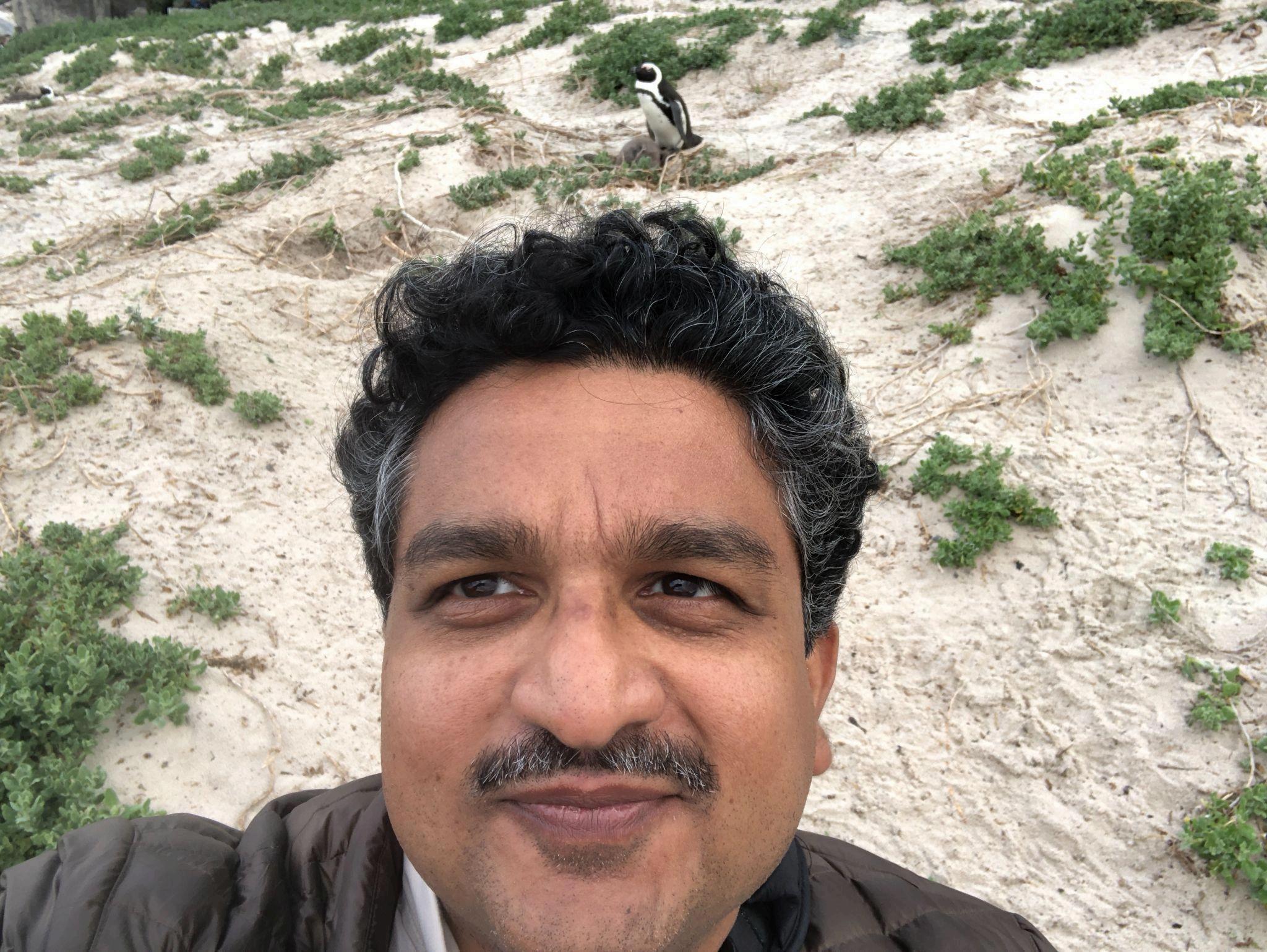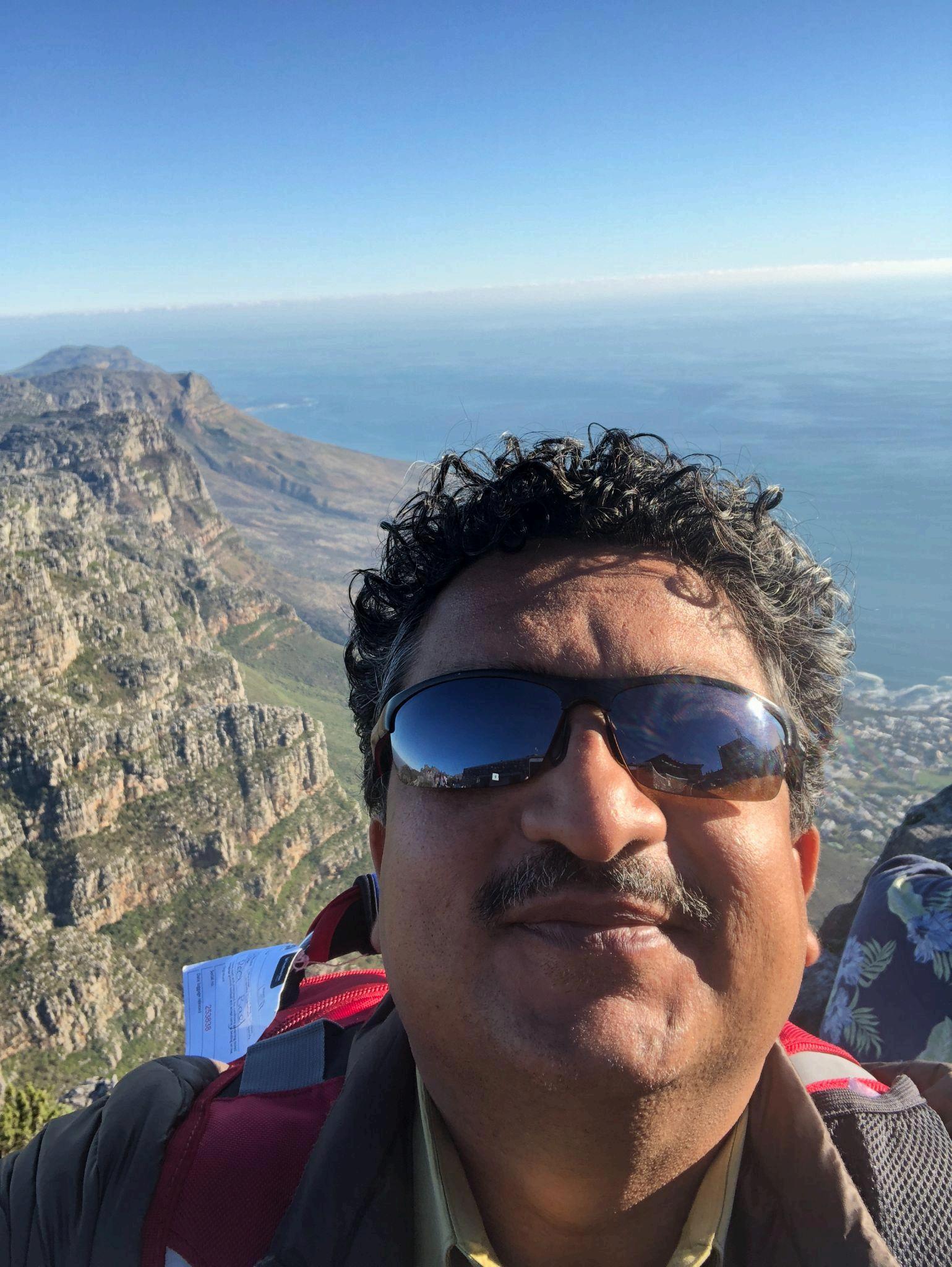Beyond the Lab: Hobbies That Enrich a Health Scientist’s Life

Isam Vaid believes that the life of a health scientist is often filled with rigorous research, critical analysis, and long hours dedicated to solving problems that improve human well-being. While the professional commitment to advancing science is demanding, maintaining a balance with personal interests outside the lab is essential Hobbies play a significant role in enriching the life of a health scientist, providing relaxation, creativity, and new perspectives that ultimately enhance their professional and personal growth
One of the most fulfilling hobbies for many health scientists is gardening. Working with plants allows them to reconnect with the natural world, which can be a refreshing contrast to time spent in clinical or laboratory environments Gardening provides both physical activity and mental calmness, offering a therapeutic break from the pressures of research. The act of nurturing life, from planting seeds to harvesting produce, resonates deeply with the scientific
appreciation for growth and biological processes For some, tending to a garden also provides insights into sustainability and nutrition, complementing their expertise in health-related fields.
Reading, both within and beyond scientific literature, is another enriching pastime. While health scientists may already spend a considerable amount of time reading academic journals, exploring fiction, history, or philosophy can open new ways of thinking Literature outside their discipline broadens imagination, fosters empathy, and allows for relaxation. Many scientists find that reading stories unrelated to their field can stimulate creativity, helping them approach research questions with fresh perspectives This balance of intellectual rigor and imaginative exploration creates a well-rounded mental landscape.

Physical activities such as hiking, cycling, or swimming provide health scientists with a necessary outlet to maintain their wellness. Long hours in laboratories or offices can be sedentary, making exercise an essential hobby for both body and mind Hiking, in particular, combines the benefits of physical activity with time spent outdoors, offering an escape from the structured, controlled environment of scientific work. Nature trails, mountains, or even simple walks through parks bring clarity and mindfulness, reminding scientists of the interconnectedness of human health and the natural world.

For those with a creative side, hobbies such as painting, photography, or playing a musical instrument offer opportunities for self-expression The precision required in science often contrasts with the open-ended freedom of the arts. Engaging in creative pursuits allows health scientists to explore emotions and ideas without the constraints of data and methodology Photography, for instance, can train the eye to notice detail, a skill that parallels the careful observation needed in research. Similarly, music or painting provides relaxation while stimulating different parts of the brain, balancing analytical skills with creative flow
Cooking is another hobby that enriches the lives of many health scientists It blends precision and creativity in ways that resonate with scientific practice. Experimenting with ingredients, trying new recipes, and exploring cultural cuisines not only provides joy but also aligns with an interest in nutrition and health. For scientists working in fields related to diet or physiology, cooking can feel like an extension of their research, allowing them to personally apply principles of healthy living while enjoying the sensory and social aspects of food

Volunteering or participating in community outreach programs is a hobby that bridges personal fulfillment with professional purpose Many health scientists are driven by a desire to improve lives, and engaging in charitable activities outside of formal research channels deepens that mission Whether mentoring students, organizing health awareness events, or contributing to environmental initiatives, such hobbies strengthen the connection between science and society They also offer rewarding human interactions beyond the academic or professional setting.

Traveling is yet another enriching pursuit, allowing scientists to experience different cultures, health practices, and perspectives. Exposure to new environments and traditions broadens understanding, which can later inform professional insights For instance, learning about traditional medicine in other regions or observing global approaches to wellness can spark new research interests. At the same time, travel provides rest, excitement, and an appreciation for diversity, key ingredients for maintaining a balanced life
Ultimately, hobbies play a vital role in sustaining the passion and resilience required in scientific careers For health scientists, these activities are not mere distractions but essential elements that promote creativity, reduce stress, and enhance overall well-being. Whether tending a garden, exploring art, engaging in physical activity, or immersing themselves in cultural experiences, health scientists gain new dimensions of personal fulfillment These pursuits enrich their lives, ensuring they remain curious, balanced, and inspired not only in their work but in their broader journey of discovery
